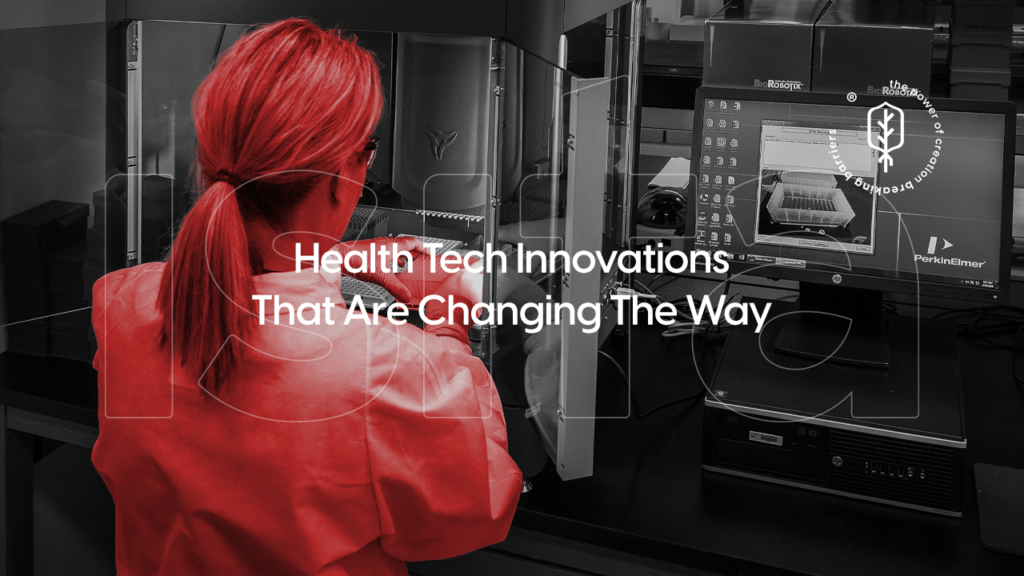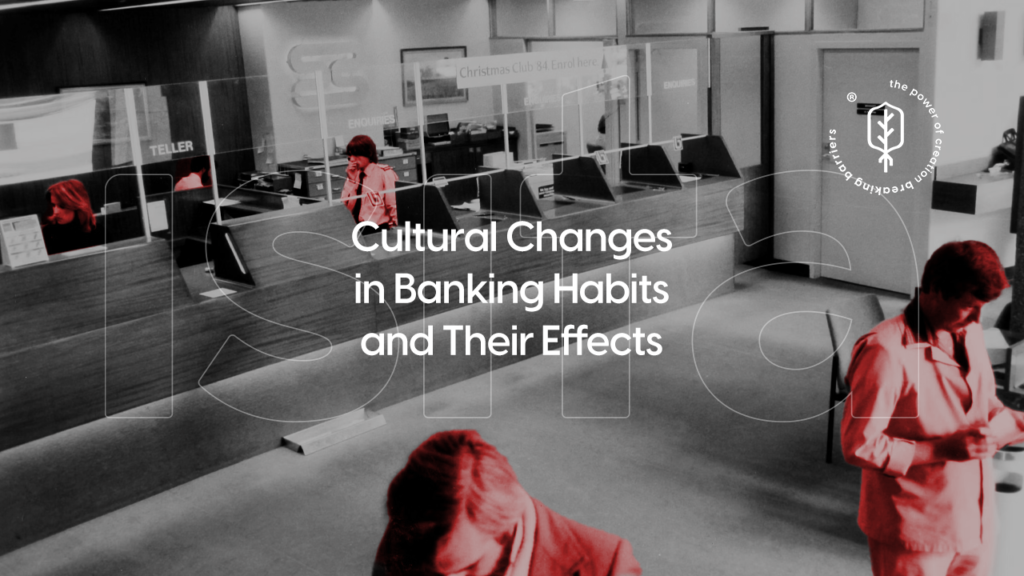Businesses are constantly seeking ways to improve employee engagement and productivity. One of the most innovative tools to emerge in this area is AI for Employee Experience. Leveraging artificial intelligence (AI) to enhance employee experience is transforming the way companies approach human resources, streamlining processes, improving communication, and creating a more supportive work environment. AI-powered HR assistants, specifically designed to improve the employee experience, are proving to be valuable assets in modern workplaces, enabling businesses to keep their workforce engaged and satisfied.
AI for employee experience is reshaping the traditional methods of managing human resources by introducing intelligent automation, personalized interactions, and data-driven insights. These AI-powered HR assistants can handle routine tasks, provide personalized support, and offer real-time solutions to employee queries, allowing HR teams to focus on more strategic initiatives. By integrating AI for employee experience into their HR processes, companies are not only improving satisfaction but also boosting productivity and retention rates. Let’s explore how AI for employee experience is making a difference in today’s workplace.
The Role of AI for Employee Experience
AI-powered HR assistants play a crucial role in enhancing employee satisfaction by streamlining HR processes and providing personalized support. Employees today expect fast, efficient service when it comes to addressing their needs, and AI for employee experience delivers just that. These AI systems can assist with tasks such as answering frequently asked questions, providing information on benefits, scheduling time off, and even offering career development advice.
By automating these routine processes, AI-powered HR assistants free up HR professionals to focus on more complex and strategic tasks. This not only improves efficiency but also ensures that employees get the information they need quickly, enhancing their overall experience. In addition, AI for employee experience allows for more personalized interactions, as the system can analyze individual employee data to provide customized solutions.
Moreover, AI-powered HR assistants can operate 24/7, providing continuous support to employees regardless of time zones or working hours. This flexibility is particularly valuable in companies with remote or global workforces, where employees may need assistance outside of traditional business hours. By offering instant support, AI for employee experience ensures that employees always have access to the resources they need to succeed.
Personalized Employee Support with AI
One of the key benefits of AI for employee experience is its ability to deliver personalized support. Unlike traditional HR systems, which often offer generic responses, AI-powered HR assistants can tailor their interactions to meet the unique needs of each employee. By analyzing data such as performance reviews, job roles, and career goals, AI systems can provide personalized recommendations for professional development, training opportunities, and even wellness programs.
For example, if an employee expresses interest in advancing their career, the AI assistant can suggest relevant training courses or mentorship opportunities within the company. This level of personalized support not only helps employees feel valued but also encourages them to take an active role in their own development. By integrating AI for employee experience, companies can foster a culture of continuous learning and growth.
Additionally, AI for employee experience can help identify potential challenges employees may be facing, such as burnout or job dissatisfaction. By analyzing patterns in employee behavior, such as frequent absences or decreased productivity, AI systems can alert HR teams to potential issues before they escalate. This proactive approach enables HR teams to address problems early, providing the necessary support to help employees feel more engaged and satisfied in their roles.
Improving Communication and Engagement with AI
Effective communication is a cornerstone of employee satisfaction, and AI for employee experience is playing a significant role in enhancing internal communication within organizations. AI-powered HR assistants can serve as intermediaries between employees and HR teams, facilitating smoother communication and ensuring that employee concerns are addressed promptly. Whether it’s answering questions about company policies or assisting with onboarding, AI-powered systems provide real-time responses that help employees feel supported.
Moreover, AI for employee experience can help foster greater engagement by providing employees with regular updates and reminders about company events, training sessions, and performance reviews. This helps employees stay informed and engaged with the organization’s activities, contributing to a more connected and motivated workforce.
Another area where AI for employee experience shines is in employee feedback collection. AI-powered HR assistants can automate the process of gathering feedback through surveys or pulse checks, providing HR teams with valuable insights into employee satisfaction. This feedback can then be analyzed by AI to identify trends and areas for improvement, enabling businesses to take timely actions to enhance the work environment. By making feedback a seamless and continuous part of the employee experience, AI ensures that employees feel heard and valued.
Reducing HR Workloads with AI for Employee Experience
One of the most significant advantages of using AI for employee experience is the reduction in HR workloads. Traditional HR teams are often overwhelmed with administrative tasks, leaving little time for more strategic initiatives. AI-powered HR assistants take over many of these repetitive tasks, such as managing payroll, processing leave requests, and scheduling meetings, allowing HR professionals to focus on higher-level responsibilities.
By automating these processes, AI for employee experience not only improves efficiency but also reduces the chances of human error. This is particularly important when it comes to sensitive tasks such as handling employee data or processing payroll. AI systems can perform these functions with a high degree of accuracy, ensuring that employees receive the correct information and that HR processes run smoothly.
Furthermore, AI-powered HR assistants can help HR teams manage employee onboarding more effectively. Onboarding is a critical stage in the employee experience, and AI for employee experience can streamline this process by providing new hires with personalized welcome messages, company resources, and training schedules. This helps new employees feel more connected to the organization from day one, improving their overall satisfaction and retention.
AI for Employee Experience and Employee Well-Being
Employee well-being is a top priority for many organizations, and AI for employee experience is playing a key role in supporting mental health and wellness initiatives. AI-powered HR assistants can offer employees personalized wellness programs, suggest stress-relief activities, and even monitor signs of burnout. By using data-driven insights, AI can help HR teams identify employees who may be struggling and offer them the necessary support before it’s too late.
For instance, an AI-powered HR assistant could recommend meditation apps, exercise programs, or counseling services to employees who show signs of stress or burnout. By proactively addressing employee well-being, companies can create a healthier work environment and improve employee satisfaction.
In addition to wellness programs, AI for employee experience can also facilitate a healthier work-life balance. AI-powered systems can automate the scheduling of time-off requests, ensuring that employees have ample opportunities to rest and recharge. This reduces the risk of overworking employees and helps maintain a positive work environment.
The Future of AI for Employee Experience
As AI technology continues to advance, the role of AI for employee experience will become even more integral to human resources management. In the future, we can expect AI-powered HR assistants to offer even more sophisticated capabilities, such as advanced predictive analytics that anticipate employee needs and personalized career coaching that helps employees achieve their long-term goals.
AI for employee experience will also continue to enhance collaboration and communication within organizations. With the integration of more advanced natural language processing (NLP) capabilities, AI-powered HR assistants will be able to engage in more meaningful and human-like interactions with employees, making the employee experience even more seamless and intuitive.
Furthermore, the use of AI for employee experience will likely expand beyond traditional HR functions. AI-powered assistants could play a role in fostering a more inclusive workplace by helping organizations address issues related to diversity, equity, and inclusion. By analyzing data related to hiring practices, promotions, and employee engagement, AI can provide insights that help companies create a more equitable and supportive work environment for all employees.
Conclusion
AI for employee experience is transforming the way businesses manage their workforce, offering personalized support, improving communication, and streamlining HR processes. By integrating AI-powered HR assistants into their operations, companies can enhance employee satisfaction, boost productivity, and create a more engaged and motivated workforce.
As the workplace continues to evolve, businesses that embrace AI for employee experience will be better positioned to meet the changing needs of their employees. With its ability to provide real-time support, deliver personalized recommendations, and proactively address employee concerns, AI is helping companies create a more positive and fulfilling work environment.
For more insights into how AI can transform your business operations, be sure to read this post: Generative AI in Business Operations.



